Barbosa-Cesnik C, et al. Cranberry juice fails to prevent recurrent urinary tract infection: results from a randomised placebo-controlled trial. Clinical Infectious Diseases 2011; 52(1): 23-30
Cranberry juice is unlikely to be an effective prophylactic for recurrent urinary tract infections in young women.
Category: Randomised controlled trial
Aug 19 2011
Can cranberry prevent UTIs?
Permanent link to this article: https://evidencebasedmedicine.com.au/?p=1557
Permanent link to this article: https://evidencebasedmedicine.com.au/?p=1443
May 04 2011
Inhaled corticosteroids as rescue treatment
Martinez FD, et al. Use of beclomethasone dipropionate as rescue treatment for mild persistent asthma…. Lancet 2011; 377: 650–57
Inhaled beclomethasone (Qvar) used as rescue therapy with salbutamol is likely better than salbutamol alone, for children with mild persistent asthma who do not take regular inhaled corticosteroids.
Permanent link to this article: https://evidencebasedmedicine.com.au/?p=1420
Mar 18 2011
Blood pressure measurement; conventional vs automated
Myers MG, et al. Conventional versus automated measurement of blood pressure in primary care patients with systolic hypertension: randomised parallel design controlled trial. BMJ 2011; 342: d286
Automated BP measurement is significantly closer to waking ambulatory BP than conventional manual measurement.
Permanent link to this article: https://evidencebasedmedicine.com.au/?p=1229
Mar 16 2011
HRT and breast cancer incidence and mortality
Permanent link to this article: https://evidencebasedmedicine.com.au/?p=1062
Mar 11 2011
Cranberry juice fails for urinary tract infections
Barbosa-Cesnik C, et al. Cranberry juice fails to prevent recurrent urinary tract infection: results from a randomised placebo-controlled trial. CID. 2011;52(1):23-30
Cranberry juice is not associated with a lower incidence of UTI recurrence than placebo juice in young, sexually active college women.
Permanent link to this article: https://evidencebasedmedicine.com.au/?p=1096
Mar 09 2011
Escitalopram for hot flushes in menopausal women
Permanent link to this article: https://evidencebasedmedicine.com.au/?p=1075
Mar 02 2011
DHA on maternal depression and neurodevelopment
Makrides M, et al. Effect of DHA supplementation during pregnancy on maternal depression and neurodevelopment of young children: a randomized controlled trial. JAMA. 2010; 304(15): 1675-1683
DHA supplements in the later half of pregnancy are not associated with improvements in maternal depression or infant neurodevelopment.
Permanent link to this article: https://evidencebasedmedicine.com.au/?p=989
Permanent link to this article: https://evidencebasedmedicine.com.au/?p=993
Permanent link to this article: https://evidencebasedmedicine.com.au/?p=1264

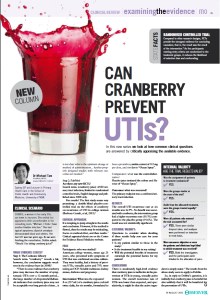

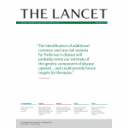
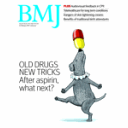
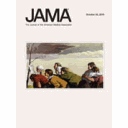
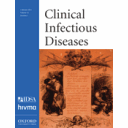
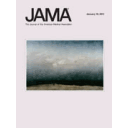
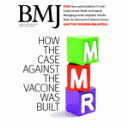
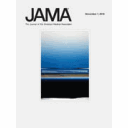
Recent Comments